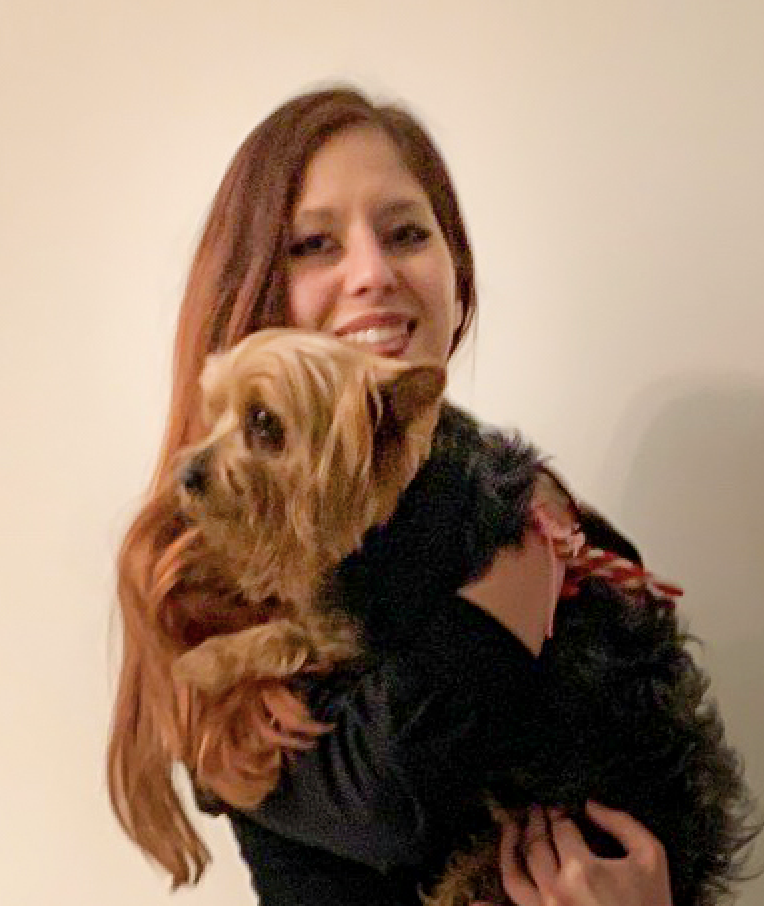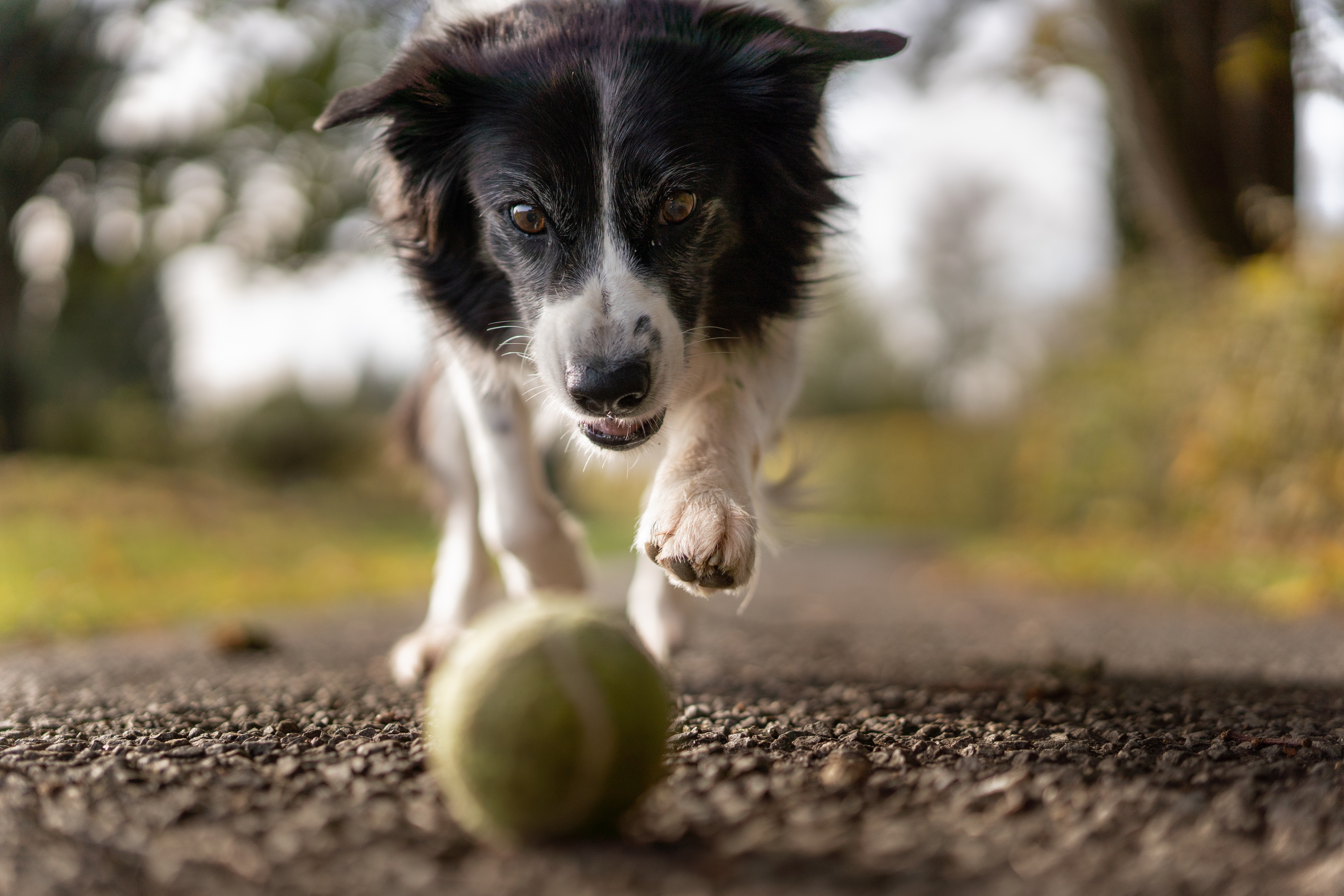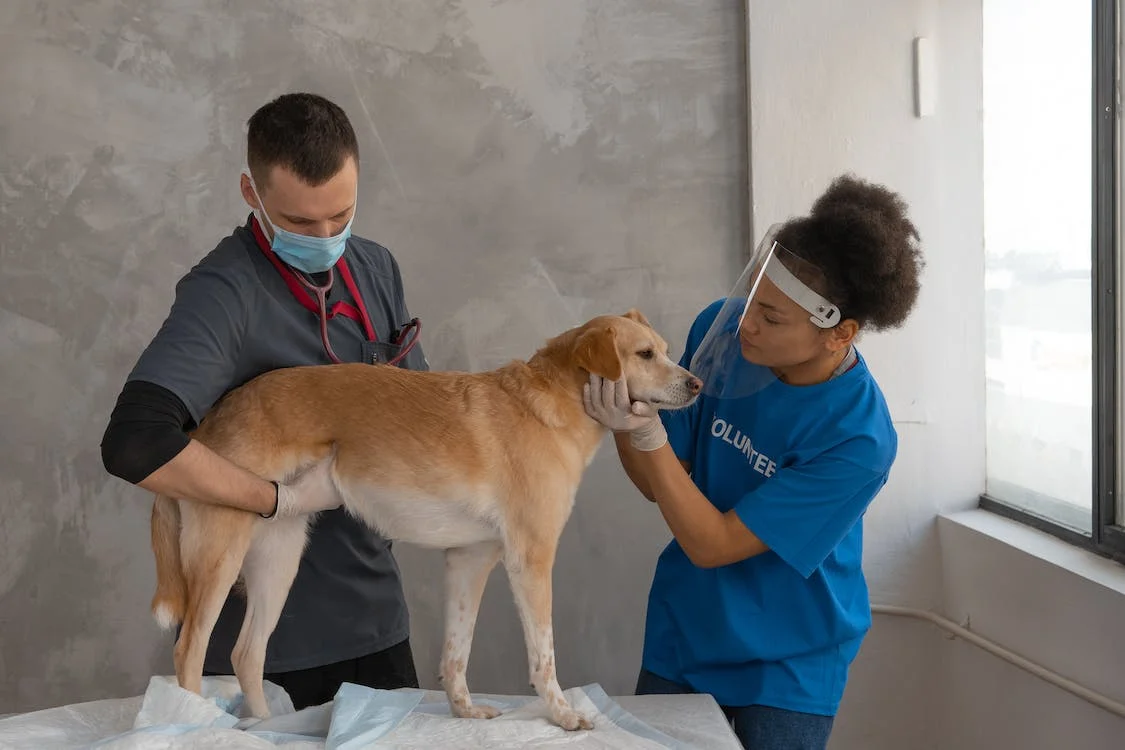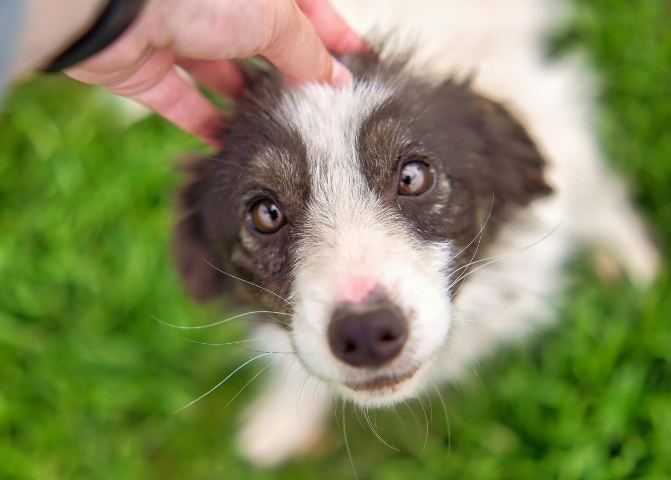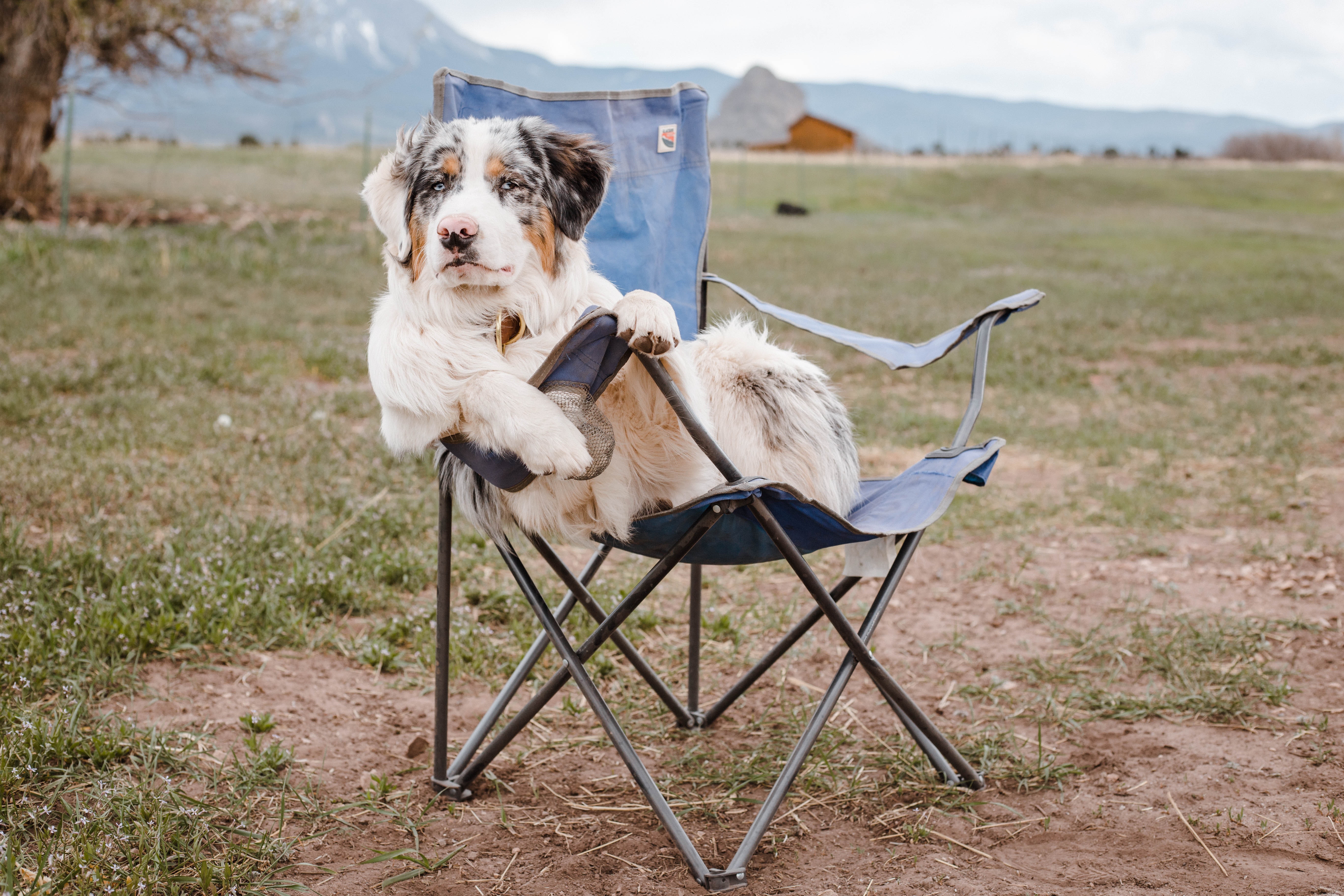
Dogs are wonderful and playful creatures, that help their owners in many ways- they provide emotional support by just being around them, help them feel more confident and relaxed, relieve the symptoms of stress and depression, they also can be individually trained to perform specific tasks for people who have to deal with different types of a disability. Dogs eager to please their owners and love them unconditionally. Since dogs are such love givers, they deserve a proper care. Dog owners need to pay attention to the behavior of their beloved fluffy friends in order to ensure that they are in a perfect physical and emotional state.
Some owners have to deal with a dog’s anxiety or hyperactivity and need to take proper actions to prevent these kinds of unhealthy behavior. If your dog is struggling with stress or anxiety or he/she is hyperactive, you may want to know how to calm him/her down.
We would like to give you some advice that you may want to follow in such situations.
How to Calm a Hyperactive Dog
If your dog is over-excited, and you find it challenging to control him/her, you need to keep in mind that this behavior might be caused by boredom. A hyperactivity could also be used as an expression of attention seeking behavior. It is normal for dogs to overreact if they have not experienced social activities for a long time, or they miss their owner’s attention.
Discourage This Behavior
When your dog is overexcited, you may want to discourage this kind of behavior. We would recommend that you do not touch, pet or talk to your dog. You can avoid eye contact as well. You need to show your fluffy friend that you will ignore this kind of behavior and he/she will not get praised and rewarded for it. Once your dog understands that he/she will not get attention he/she is likely to stop this behavior.
The first advice logically leads to the second one:
Encourage Your Dog to Stay Calm
Once your dog calms down, you can reward him/her, pay attention to him/her, pet him/her...etc. You may need to combine both types of behavior- the discouraging and the encouraging one, in order to achieve long-term results.
Find Alternative Things That Your Dog Can Do
If your canine is over-stimulated you may want to figure out some tasks or activities that may redirect his/her energy. You can provide a training, so that your furry friend can stay focused and reward him/her when he/she fulfills your commands. Your dog partner will understand that he/she will be rewarded when he/she is well-behaved, focused and non-disruptive. Moreover, a proper training will help your canine to get rid of the excessive amount of energy.
Playtime Can Be Really Helpful
Similar to the advice above, you need to keep your dog focused on alternative things and to redirect his/her energy. A joyful way to achieve this goal could be games like fetching objects or finding hidden objects. It is important to mention that you need to supervise the behavior of your friend during the game. If he/she gets overexcited, you may want to stop the game. Your canine will understand that you will play with him/her and give him/her a treat only if he/she is calm.
Walk Your Dog
A walk, especially a long one, can be very helpful for your canine to reduce the excessive amount of energy. The main reasons for the positive effect of the walk are:
First, you can supervise the behavior or your dog control how he/she is using the energy while outside.
Second, dogs are likely to connect to their instincts on finding water and food.
During this process they need to stay focused in order to complete their goal. Once they return home and get food and water they will associate them with the reward they get after a walk. This process will reduce the excessive amount of energy and will create a felling of calmness.
Use Scents With a Calming Effect
We are all familiar with the fact how strong the dogs’ sense of smell is. Similar to humans, different scents can have different impact on the dogs’ behavior and mood. The lavender scent is considered one of the beneficial scents with a calming effect. You can contact your veterinarian for additional information in regard to the scents that you can use.
The methods listed above are directly related to the dog’s behavior and what he/she is expected to do. As dog owner you need to remember that your behavior has also a big impact on your dog emotional state.
Remember to Stay Calm
The calmer and happier an owner is, the calmer and happier will be their dog. Dogs tend to create a strong bond with their owners/handlers and are able to recognize changes in their behavior, mood and emotional state. It is very important to not yell at your dog and to not punish him/her for being too excited. This could have a negative impact on him/her and cause stress or anxiety.
In the first part of our article we took a closer look at the techniques that can calm down an over-excited dog. Unfortunately sometimes a disruptive behavior like wining or barking can be a sign of stress that your dog is currently experiencing.
Symptoms of Stress or Anxiety
First we need to know how to recognize when our dogs are feeling stressed. Since the body language is a very strong expression tool, we always need to pay a closer attention to it. Some common signs of stress are: shaking, trembling, lip licking, reduced appetite, hypersalivation, skin injuries, increased grooming...etc.
How to Calm a Dog Down That Is Dealing With Stress and/or Anxiety
If you think that your fluffy friend may suffer from anxiety, the first thing you need to do is to remove the factor that may cause the anxiety.
Be Familiar With and Remove The Factors That Cause Anxiety
If your canine is afraid of certain places, you may want to avoid visiting them with your dog. Most dogs are afraid of fireworks. You can wait a few minutes before taking out your dog partner in order to be sure that the environment is already safe and calm. Knowing what may cause stress in your dog, can help you to be prepared for circumstances that may occur every time when you walk your pet.
Another thing you can do to calm your beloved friend is to:
Wrap Your Dog
You can use a blanket, a coat, an old T-Shirt or a scarf. You need to be very affectionate when wrapping your dog in order to reduce the stress. This technique is usually very beneficial and has instant results.
What About Classics?
We all are familiar with the studies on how beneficial classical music can be for humans as it relieves stress, stimulates the brain and helps people to be more efficient at work or at school. The same positive effect can be seen on the dogs’ behavior.
Massage
Similar to the wrapping technique mentioned above a human contact, especially in the form of a calming massage, can be very beneficial for your furry friend. The top of the head, as well as the ears and the feet are important pressure points, which stimulation can lead to stress reduction. You need to keep in mind that dogs are very attached to their owners and need a regular physical contact and attention in order to feel well.
Regular Activities and Exercises
Outdoor activities, and exercises will not only keep your dog partner in a good physical state, but also will relieve stress. Even a regular walk on a daily basis will be very beneficial for your fluffy friend. You need to give your dog an opportunity to explore new places and things in order to stay in a good emotional state.
In addition to the physical exercises mental exercises are also very important for the dog’s health.
Mental Exercises
Depending on the breed some dogs may need more mental stimulation compared to others in order to stay fit and calm. You can figure out different games, or enroll in a training course. If you want to train your dog individual at home you may hide objects (treats) and let you fluffy friend find them. This could be an interesting task, that will stimulate your dog both physically and mentally.
Contact a Veterinarian
Since not all owners may be able to recognize and/or to successfully handle conditions like stress and anxiety, you can always call your veterinarian for help.



